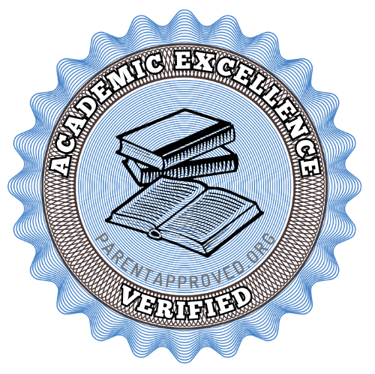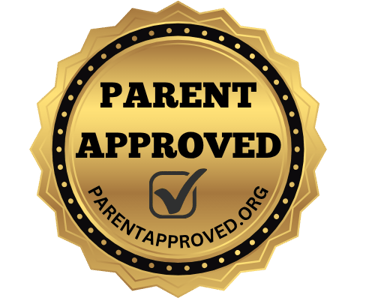Academic Excellence
$100 / year (Annual Review)


Badge Description:
Recognizes programs that focus on core academic subjects like reading, writing, math, and science, using engaging strategies that promote mastery and critical thinking.
Eligibility Criteria:
To earn the Academic Excellence badge, providers must demonstrate a commitment to academic learning through the following:
Required Components (Must meet all):
Core Subject Focus: Instruction includes at least one of the following: reading, writing, mathematics, science, or history.
Structured Curriculum: A clear, documented plan that shows progression of academic topics or learning outcomes.
Active Learning Strategies: Use of guided practice, discussion, academic games, inquiry, or problem-solving—not just worksheets or passive learning.
Evidence of Mastery-Based Learning: Programs must show how students are supported in achieving understanding through feedback, differentiation, or small group instruction.
Assessment or Observation Methods: Some form of progress monitoring (formal or informal), such as portfolios, quizzes, rubrics, or teacher notes.
Suggested Qualifiers (At least 2 recommended):
Inquiry-Based Dialogue: Students are encouraged to ask questions and express reasoning aloud.
Multi-Sensory Instruction: Uses visual, auditory, and kinesthetic methods to reach different learning styles and enhance retention (e.g., movement, manipulatives, music, color-coding).
Reading or Writing Journals: Integration of reflective, creative, or structured journaling.
Hands-On Experiments or Projects: Science labs, models, math manipulatives, or real-world applications.
Logic & Problem Solving: Activities that promote mental math, logic games, puzzles, or critical thinking challenges.
Real-Life Application Activities: Math, science, or reading tied to everyday situations (e.g., budgeting, nature measurement, current events analysis).
Individualized Learning Plans: Each student has a personalized academic path or learning goals based on their pace, level, and strengths—ideal for tutoring programs.
Academic Reflection or Goal-Setting: Students regularly review their progress, set academic intentions, and reflect on learning strategies that worked best.
Supporting quality education for families and children.
© 2025. All rights reserved.
ParentApproved.org is a program of Positive Energy International, Inc., a registered 501(c)(3) nonprofit organization.
Our verification process is independent and is not affiliated with or endorsed
by Step Up For Students, Florida's Department of Education, or any government agency.
Participation is voluntary and does not imply licensure, state endorsement, or funding eligibility.
Terms and Conditions


CONTACT US: